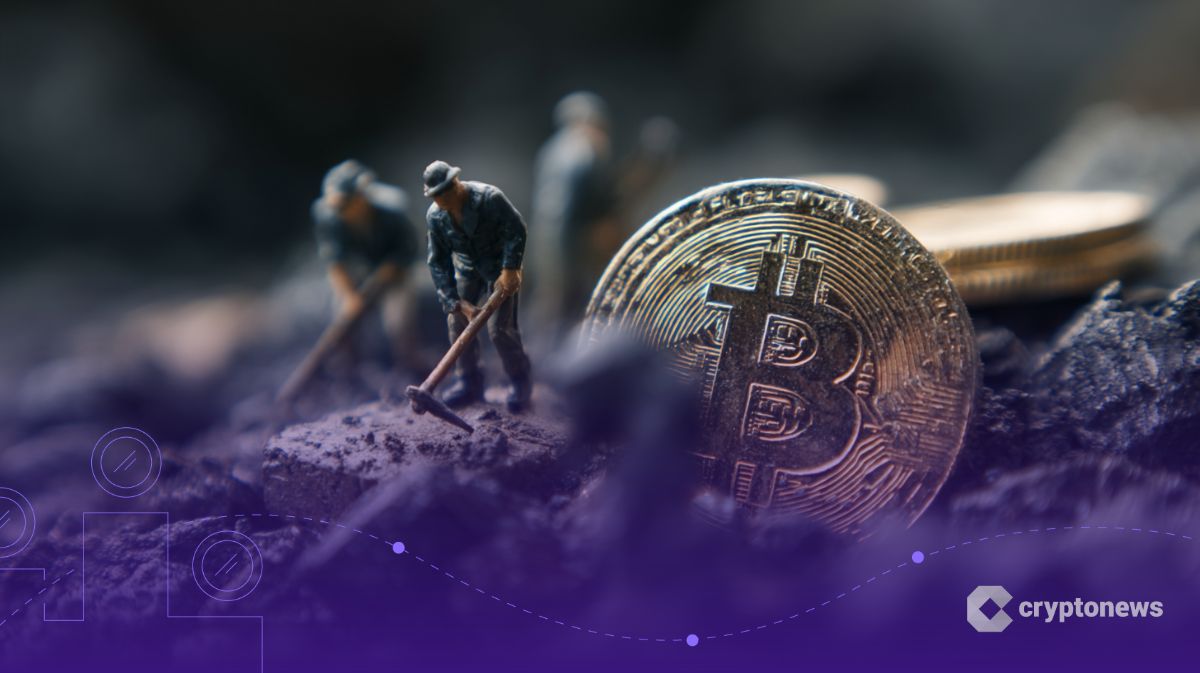Metaplanet inches closer to top 4 BTC corporate holders with fresh $238 million buy
Japanese investment firm Metaplanet has made another major investment to boost its Bitcoin portfolio.
According to the firm’s latest disclosure, it purchased an additional 2,205 Bitcoin (BTC) for roughly $237.9 million (34.49 billion yen). The tokens were obtained at an average cost of 15.64 million yen per bitcoin, approximately $107,800, now bringing its total holdings to 15,555 BTC.
The latest purchase marks the firm’s largest single-day purchase since commencing its Bitcoin accumulation strategy, funded by a mix of bond issuances and stock warrant exercises.
Just days prior to this acquisition, Metaplanet redeemed 6 billion yen worth of bonds issued in late June, using proceeds from newly exercised warrants. The company has consistently followed this approach, raising capital and converting it directly into Bitcoin to expand its treasury holdings.
So far, the Tokyo-based firm has now spent a total of 225.8 billion yen, around $1.6 billion, on Bitcoin since beginning its treasury strategy, with an average cost basis of 14.5 million yen per BTC. This continues to build momentum toward its bigger goal of reaching 30,000 BTC by the end of the year, 100,000 BTC by 2026, and 210,000 BTC by 2027.
Metaplanet recently entered the top five list of corporate Bitcoin holders, overtaking firms like Tesla and Coinbase. However, with its latest purchases, it’s now closing in on the fourth spot.
The company is less than 4,000 BTC behind mining and digital infrastructure company Riot Platforms, which holds 19,225 BTC, according to BitcoinTreasuries data. Should the firm keep up its current pace, it could soon overtake Riot to claim the number four position.
Metaplanet also reported a 129.4% BTC Yield for Q2, with an additional 15.1% in the first week of July. It gained 5,237 BTC in Q2, valued at roughly 82.5 billion yen (about $513 million), and another 2,017 BTC in early July, worth around 31.8 billion yen (about $198 million).
If the firm hits its long-term goal of 210,000 BTC by 2027, it would control about 1% of Bitcoin’s total supply.
You May Also Like

Solo Bitcoin Miner Strikes Gold, Nets Nearly $350,000 from Single Block

How Vietnam is using crypto to fix its FATF reputation
